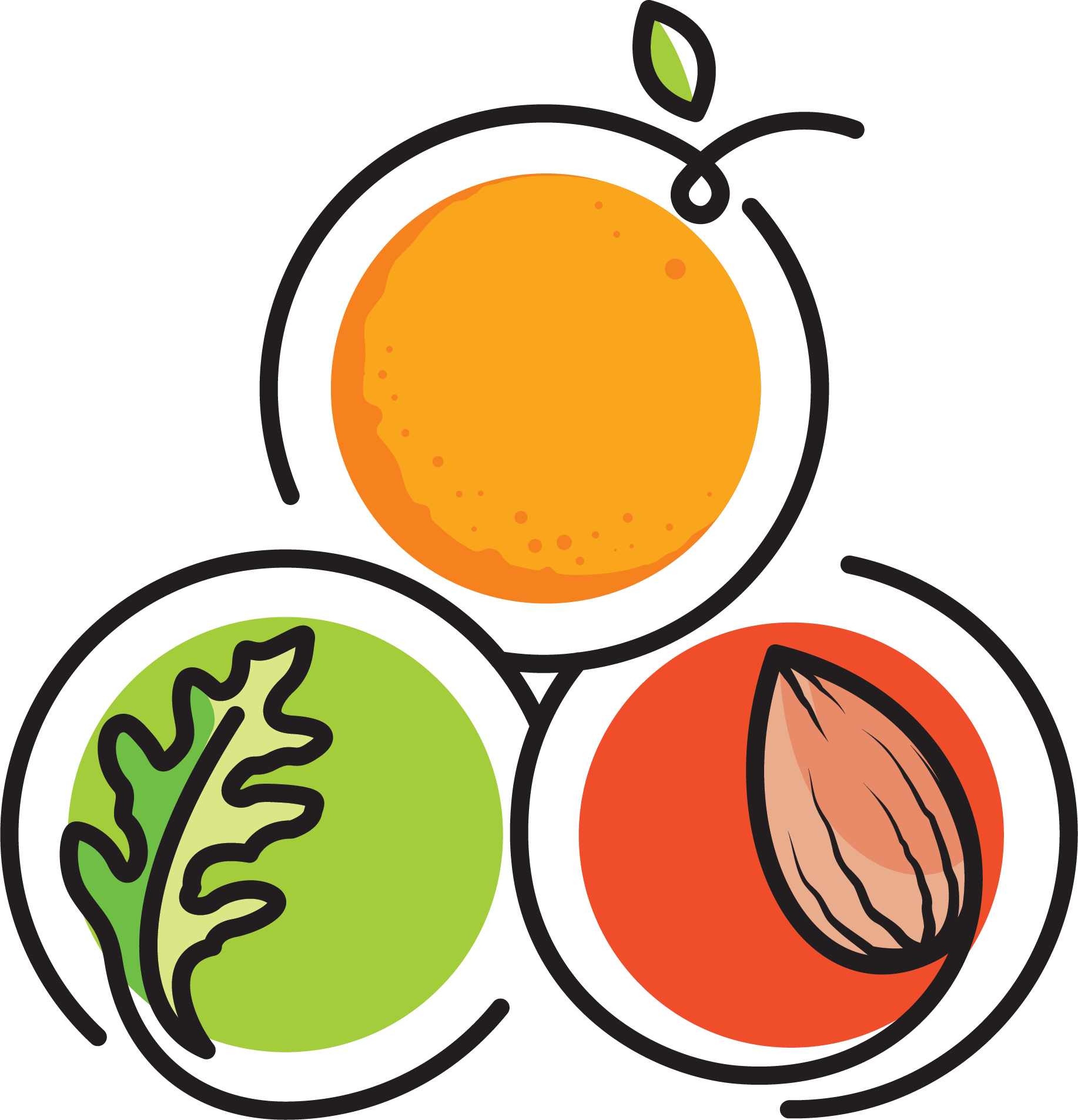Question
Hello, I am a 10th grader who has recently won my county's Science Fair, and will be competing at the State Level with my project entitled, "Does ripening affect the amount of DNA in fruit?" I was wondering if you could answer a few questions.
1. Is there a correlation between the ethylene hormone and the enzymes associated with ripening?
2. Does ethylene cause a fruit such as a banana to spoil?
3. Does ethylene trigger protein synthesis? In other words does the ethylene hormone have a direct correlation to DNA in the fruit.
Thank you for your time! (U.D.)
Answer
Here are my answers to your questions:
1. Is there a correlation between the ethylene hormone and the enzymes associated with ripening? It depends on whether ethylene is key to the ripening process. There are fruits that ripen with ethylene involvement and those that ripen without ethylene involvement. For something like banana, the answer would be yes. For a fruit such as strawberry, the answer would be no.
2. Does ethylene cause a fruit such as a banana to spoil? Spoilage is the last stage before death. Since ethylene will trigger the ripening process in banana then the fruit will rot faster than a banana not treated with ethylene. However, the untreated banana is not edible since it has not gone through the ripening process.
3. Does ethylene trigger protein synthesis? Yes, especially in fruits which require ethylene for the ripening process. In other words does the ethylene hormone have a direct correlation to DNA in the fruit? The correlation is not to DNA, but to RNA levels which will then lead to protein synthesis.
--Marita Cantwell


